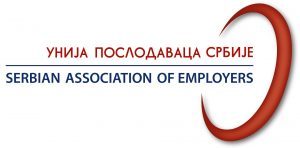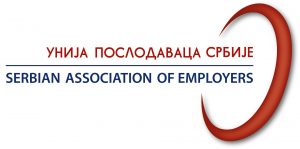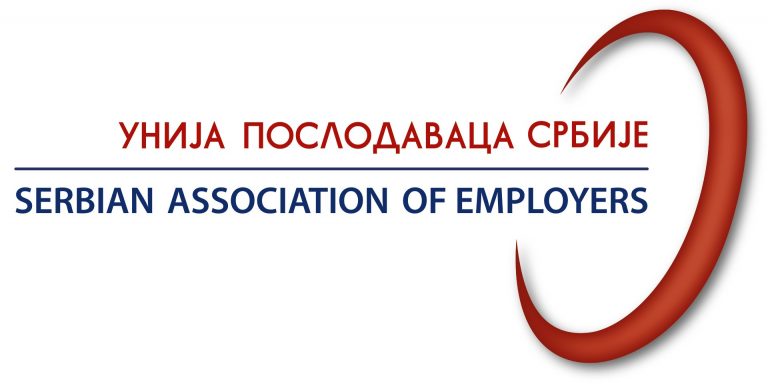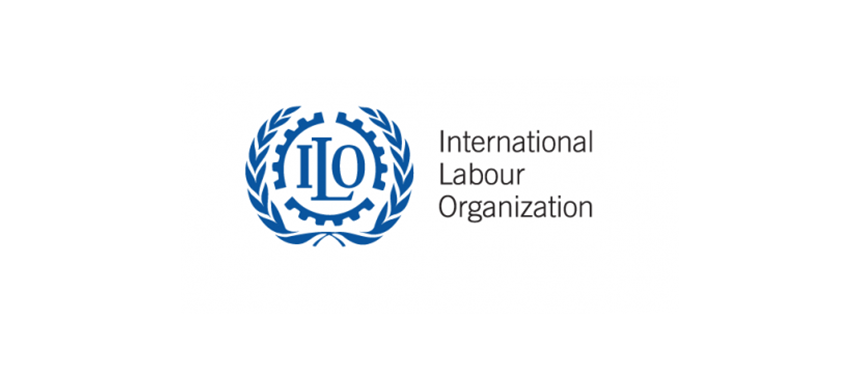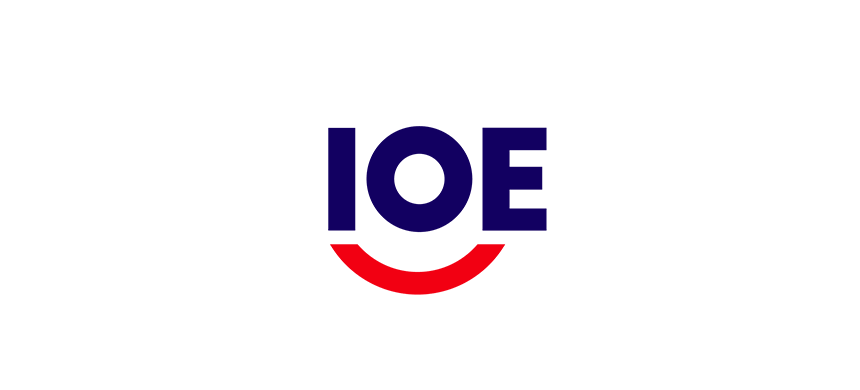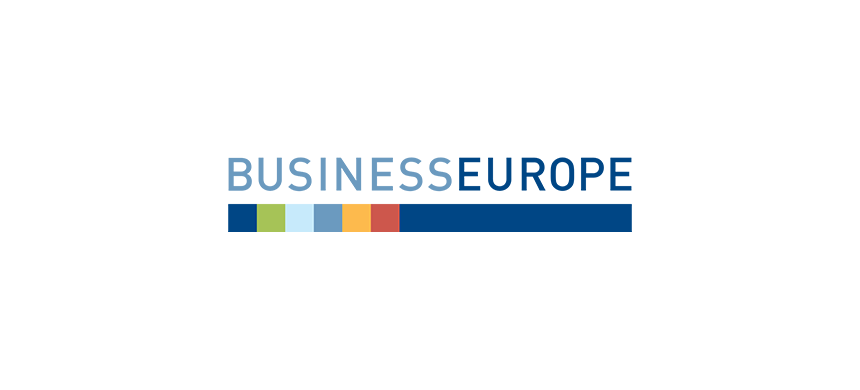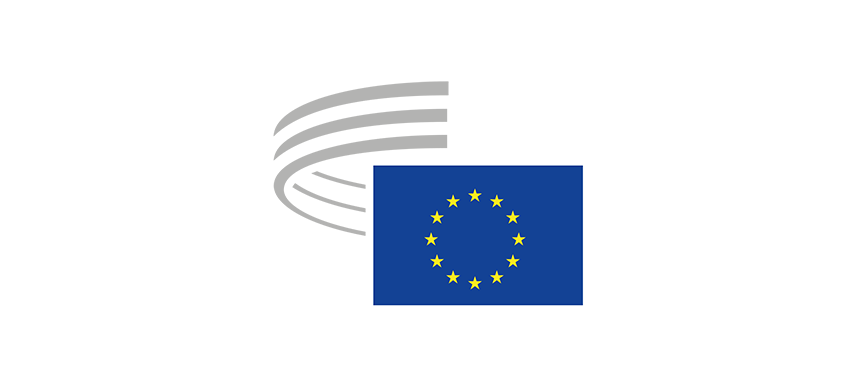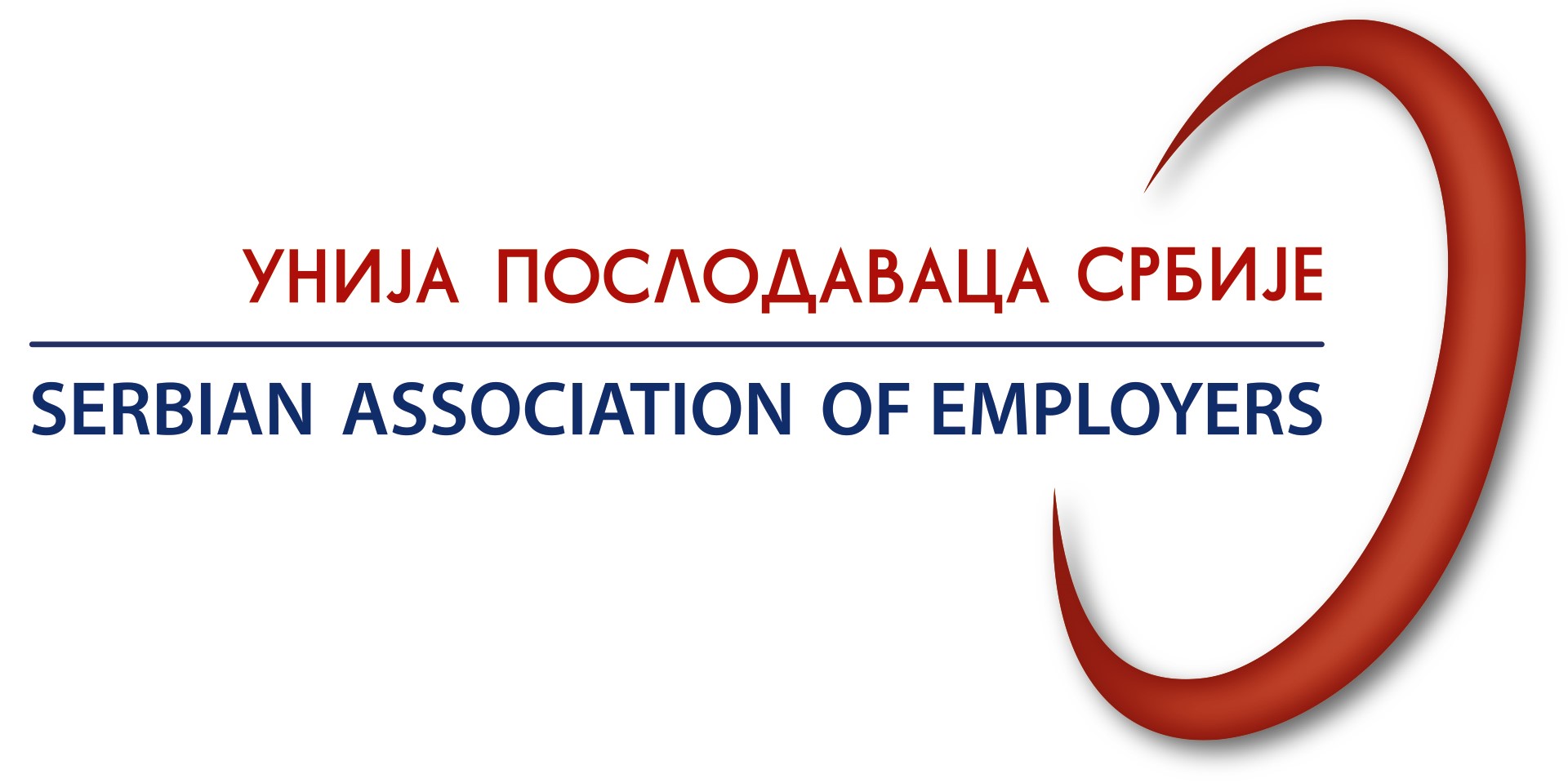
Since its founding, the Serbian Association of Employers (SAE) has been maintaining cooperation with similar employers’ organizations around the world and numerous international forums and bodies. Through cooperation with these organizations and fostering bilateral relations with employers’ organizations from other countries, the Serbian Association of Employers is in a position to be familiar with their experiences, to consider possibilities of cooperation and to plan joint activities and projects with the aim of faster integration of employers and the Republic of Serbia into world trends and adaptation to the international and EU standards and norms.
The International Labor Organization (ILO) was established in 1919 as one of the United Nations agencies. Unique in its structure, it brings together governments, employers and workers’ representatives from 187 countries.
Being the only national representative organization of employers in Serbia, SAE is a full-fledged constituent of this agency and successfully cooperates with the ILO in all areas related to the improvement of labor relations. SAE regularly participates in the annual ILO Conference and has excellent cooperation with the national coordinator of the Republic of Serbia for cooperation with the ILO, as well as with other experts from this agency.
The International Organization of Employers (IOE) was established in 1920 and it is the only organization that represents the interests of employers in the field of labor and social issues at the international level.
IOE is the recognized voice of business in social and labor policy debate taking place in the International Labor Organization, across the UN and multilateral system, and in the G20 and other emerging processes.
Today it has 150 national employers’ organizations in its membership. SAE is a full member since 2006.
BusinessEurope was founded in 1958 and today it is the leading voice in advocacy for an environment that favors the development and competitiveness of businesses at the level of the EU.
As a recognized social partner, this organization represents enterprises of all sizes in 34 European countries whose national employers’ organizations are its direct members.
SAE became a member of this organization in 2011, despite the fact that at that moment the Republic of Serbia did not have the status of candidate for membership in the European Union.
In the field of international cooperation, the Serbian Association of Employers is also active within the international activities of the Social and Economic Council of the Republic of Serbia (SEC). SAE is one of its founders and a member, as the only representative of employers.
Of particular importance is the SEC’s membership, indirectly SAE’s, in the International Association of Economic and Social Councils and Similar Organizations (AICESIS) as of September 17, 2018. Founded in 1989 in accordance with Dutch law, the organization aims to promote social dialogue and the exchange of views and examples of good practice among members and brings together more than 70 countries from Europe, Asia, Africa and South America. Also, at the international level, it cooperates closely with the International Labour Organization and the United Nations Economic and Social Council. The management structure of AIECESIS consists of the General Assembly, the Board, the President and the Secretary General.
We are proud to mention that the President of SAE, Mr. Miloš Nenezić, was elected a member of the Board at the session of this body held on October 9-10, 2019 in Bucharest, when the General Assembly session was also held. We are also proud of the fact that the Board has accepted our proposal to hold the next General Assembly session and Board session in Serbia. This reaffirms SAE’s reputation at the international level and the significance of its contribution to the exchange of experience among social partners on the importance of social dialogue.
EU-Serbia Joint Consultative Committee (JCC) is a body set up in line with the Stabilization and Association Agreement concluded between the European Union and Serbia, in order to enable civil society organizations to monitor Serbia’s progress in the EU accession process. These organizations, following the structure of the European Economic and Social Committee, are classified into one of three groups: employers (Group I), workers (Group II) and others who make Diversity Europe (organizations that protect the interests of citizens on another basis, such as farmers, consumers – Group III).
The JCC is made up of a total of eighteen members, nine from each side, the EU and the Serbian side, that is, three representatives of employers, trade unions and other civil society organizations within each side.
Members of the Joint Consultative Committee shall work on:
- establishing an additional institutional form of dialogue between the bodies of EU and Republic of Serbia;
- sending recommendations to relevant bodies in the Republic of Serbia and the EU (Serbian Government, Stabilization and Association Council, European Parliament, European Commission);
- fostering dialogue and cooperation between economic and social interest groups in the EU and the Republic of Serbia on all economic and social aspects of EU accession;
- stimulating public debate on the consequences of EU membership;
- strengthening civil society in the Republic of Serbia.
Serbian Association of Employers is represented in this body with its two representatives, within the employers’ group. As the main point of the employers ‘gathering and representatives of the civil society of Serbia, we will strive to monitor and protect the interests of employers in the process of Serbia’s accession to the European Union and to show that we are a relevant partner to the Government of Serbia and EU institutions, but also, jointly with other countries’ representatives in this committee, to point out the problems faced by businessmen in Serbia.
We invite our members to actively participate in this process and together with us formulate proposals and recommendations that will be presented at the international level, with the aim of improving the economic and social environment in which we live and work.
